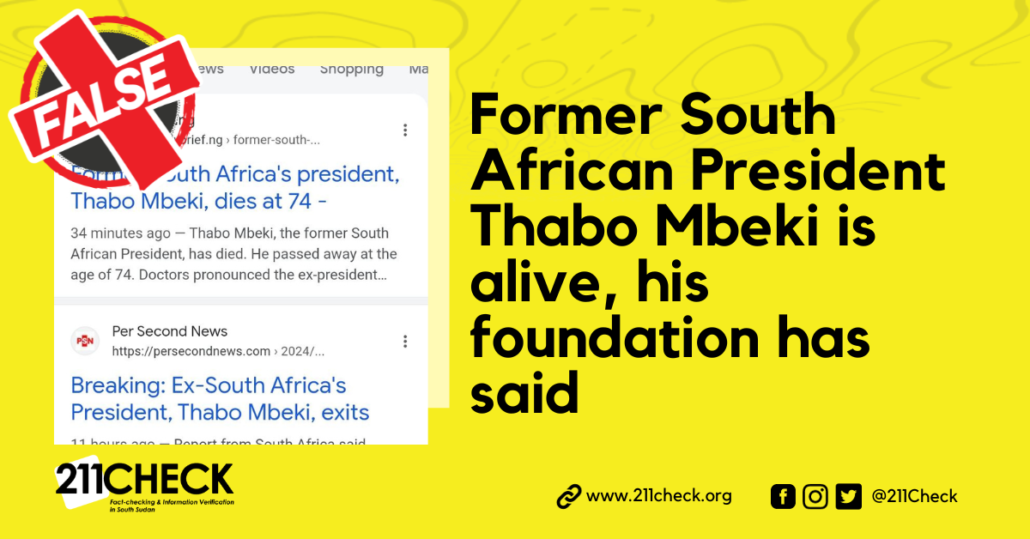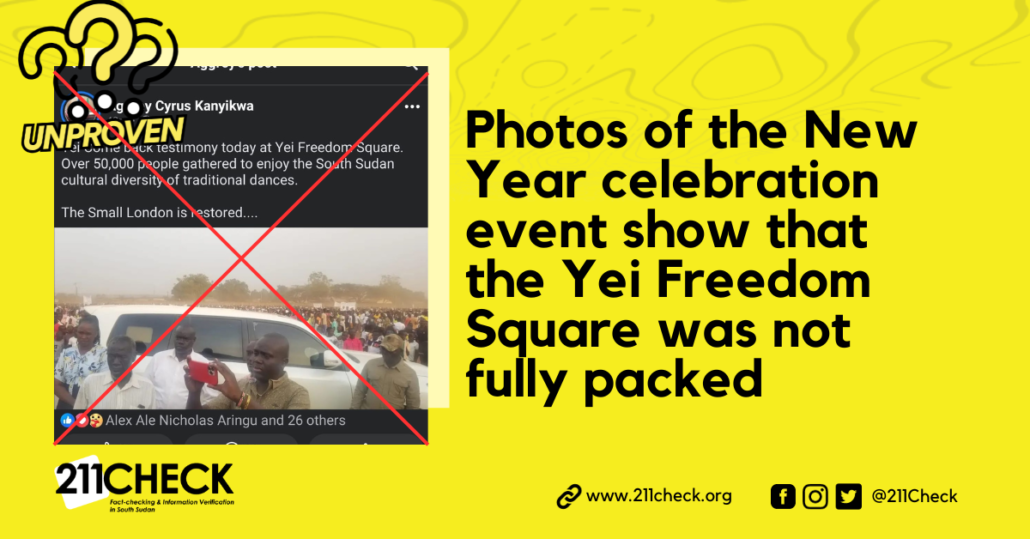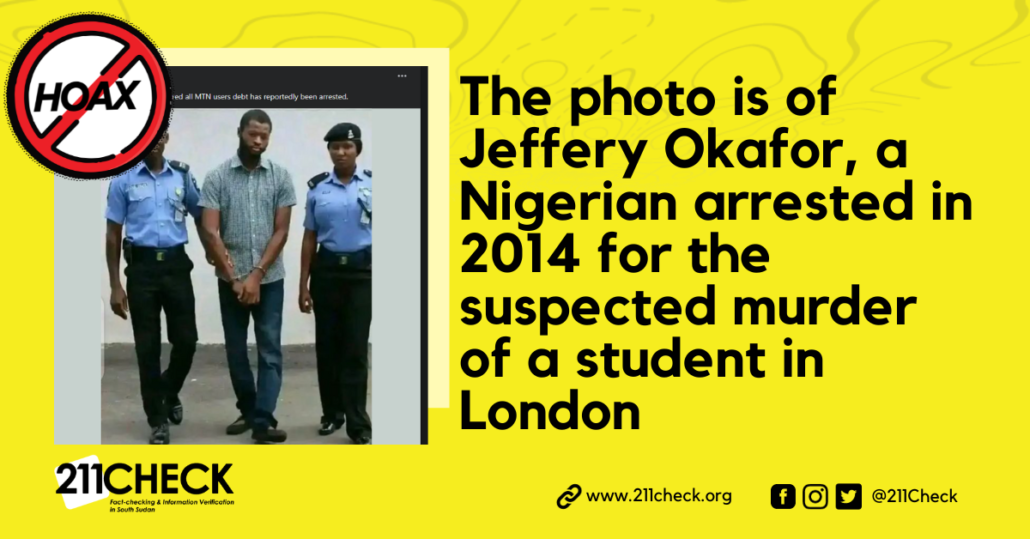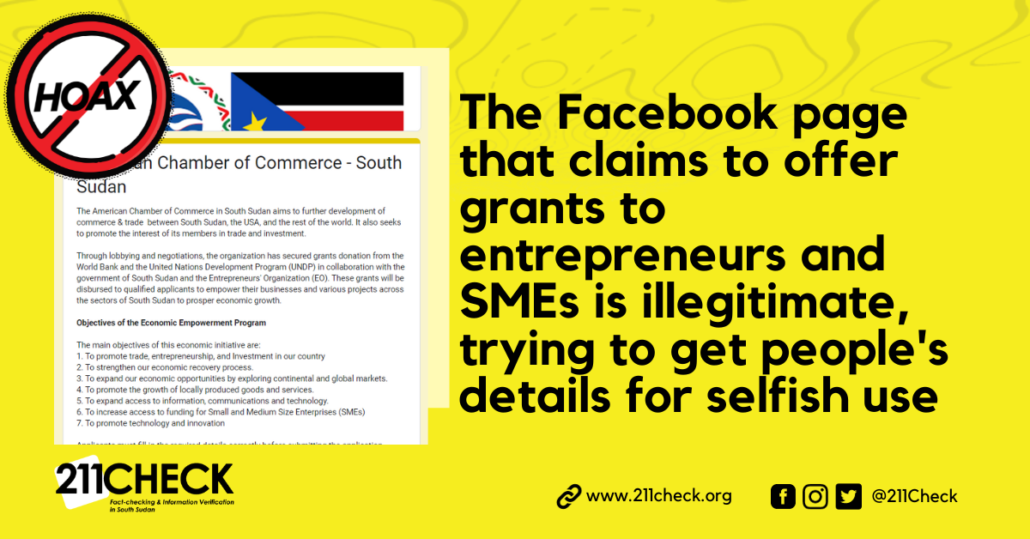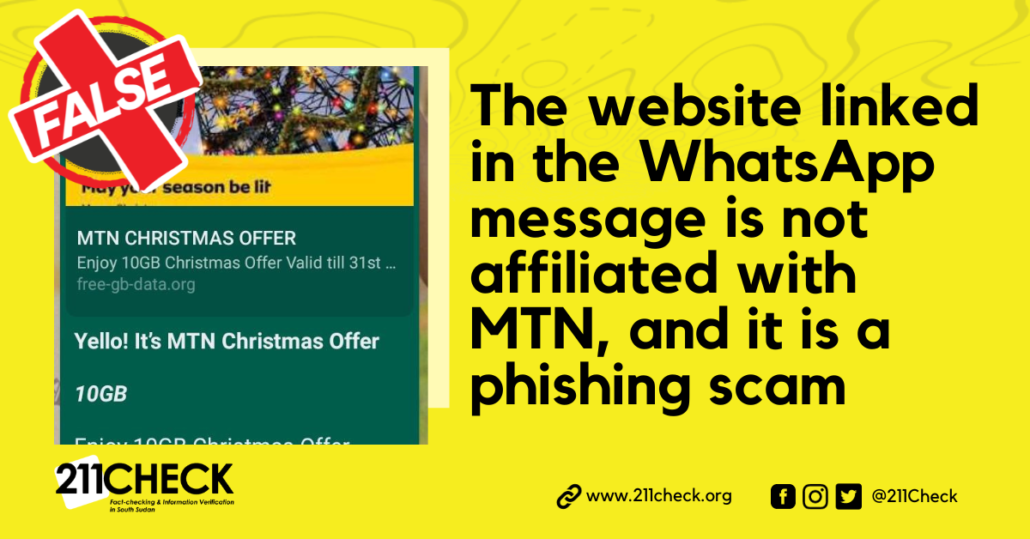Fact-check: No, the National Bureau of Statistics is not recruiting staff for the census as claimed
The NBS has not advertised any new vacancies, and the circulating link is part of an online scam, and according to NBS, the census process has not yet officially begun
Writer: Makur Majeng
A fraudulent WhatsApp message claiming that the National Bureau of Statistics (NBS) is recruiting ad hoc staff for the upcoming 2025 Population and Housing Census, circulating widely across South Sudan, is false and misleading.
The WhatsApp message claims that the National Bureau of Statistics has opened an online application portal to recruit temporary census workers.
“The National Bureau of Statistics has opened its online application portal to recruit ad hoc staff for its upcoming population and housing census. Recruitment is ongoing. Interested candidates are requested to apply online via the portal. Please use the link below to access the NBS e-recruitment portal,” part of the message claim.
Screenshot of the WhatsApp message:
When users click on the provided link, they are prompted to submit personal information such as their full name, phone number, email address, date of birth, and gender.
After filling in the form, users are directed through a series of pages asking to share with 5 groups or 15 friends on WhatsApp and instructing them to “SHARE.”
Upon completing these steps, the site congratulates the user on a “successful application” and asks them to submit the application form. However, further clicks redirect users to unrelated and potentially harmful websites, exposing their personal data to misuse.

Screenshots of the phishing website steps:
Claim Verification
The National Bureau of Statistics (NBS) has officially debunked the claim through a press release issued on April 28, 2025.
“The Bureau would like to notify the public that the recruitment announced on 26/04/2025 is not from the Bureau’s Management, including the website created,” reads part of the press release.
“The Population and Housing Census is a government project that involves all public institutions and relevant international agencies. Its commencement must be declared by the Head of State/President, which is yet to happen,” it added.
The NBS further warned that the fraudulent website aims to steal users’ personal information and urged the public to be vigilant. It called on the National Communication Authority to take action against the impersonators.
A WHOIS lookup of the shortened link shows that the final destination is anonymised and not affiliated with the official NBS domain (www.nbs.gov.ss).
Shortened links like “TinyURL” are commonly used by scammers to obscure the actual malicious or suspicious websites behind them.
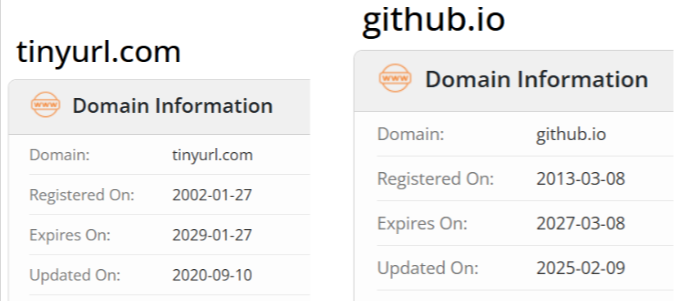
Screenshot of WHOIS domain lookup:
A VirusTotal scan of the URL flagged it as suspicious, with several antivirus engines categorising the link as potentially malicious. VirusTotal identified risks associated with phishing attacks and personal data theft.
This further confirms that the website linked in the WhatsApp message is unsafe and designed to scam unsuspecting applicants.
Conclusion
211 Check found that the claim circulating on WhatsApp about the National Bureau of Statistics (NBS) recruiting ad hoc staff for the 2025 Population and Housing Census is fake and misleading.
The NBS has not advertised any new vacancies, and the circulating link is part of an online scam, and according to NBS, the census process has not yet officially begun.
Citizens are advised to verify any recruitment announcements directly through the official NBS website (www.nbs.gov.ss) or authorised communication channels.
To ensure accuracy and transparency, we at 211 Check welcome corrections from our readers. If you spot an error in this article, please request a correction using this form. Our team will review your request and make the necessary corrections immediately, if any.
It’s vital to fight misinformation and disinformation in the media by avoiding fake news. Don’t share content you’re uncertain about. False information can harm and mislead people, risking their lives—Fact-check before sharing. For more details, visit https://211check.org/, or message us on WhatsApp at +211 921 350 435. #FactsMatter.

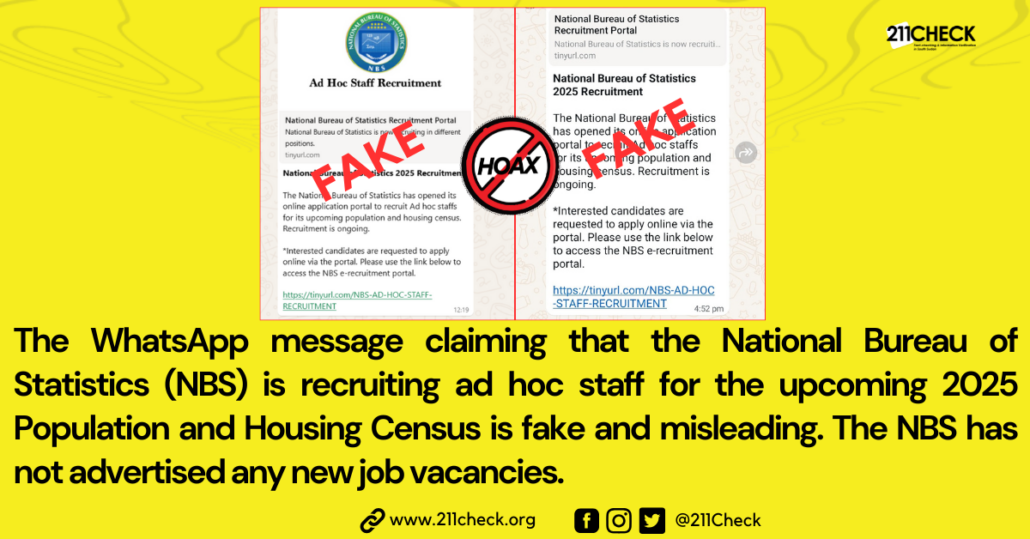 211 Check Website Feature Graphics
211 Check Website Feature Graphics 211 Check Website Graphic Feature Image
211 Check Website Graphic Feature Image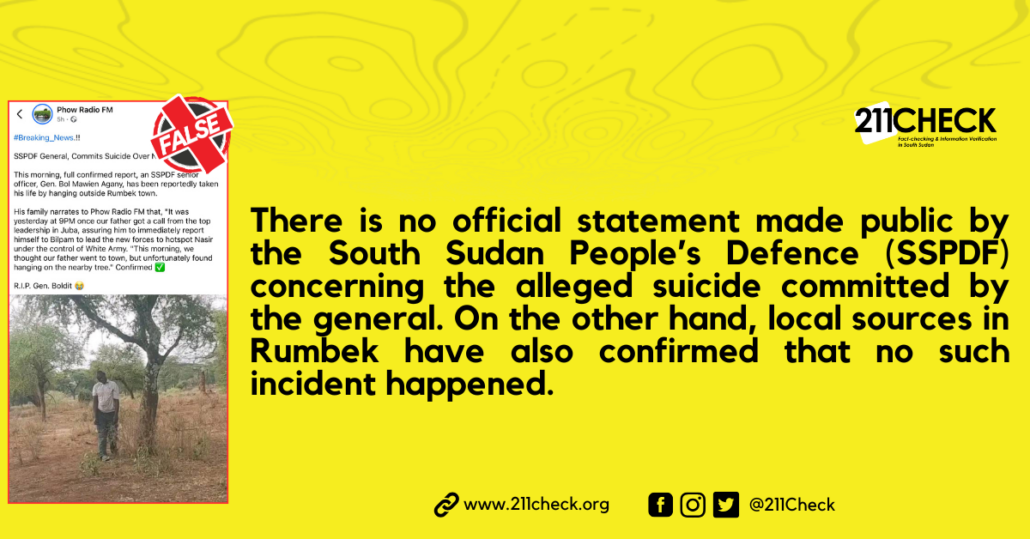 211 Check Website Graphic
211 Check Website Graphic 211 Check Website Graphics
211 Check Website Graphics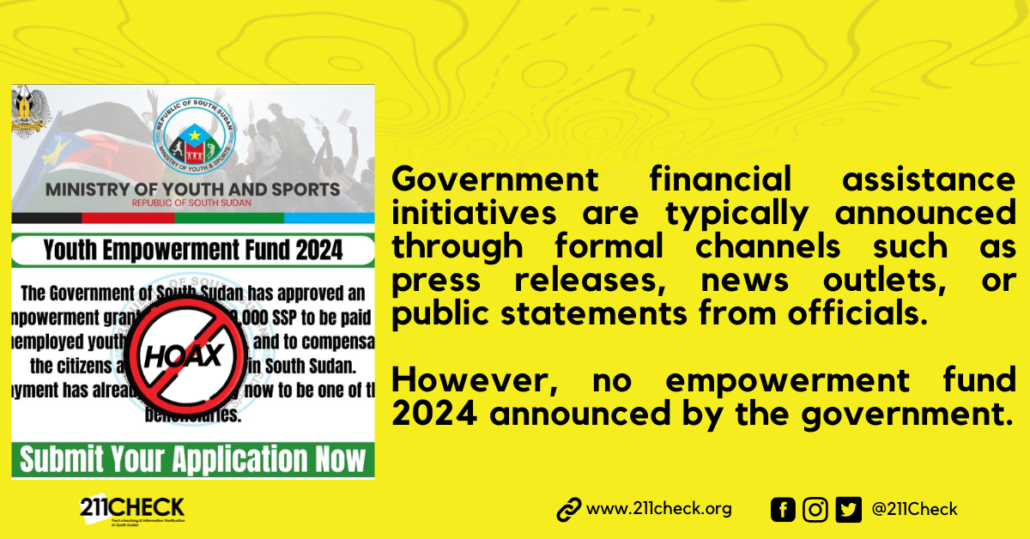 211CHECK Website Graphics
211CHECK Website Graphics